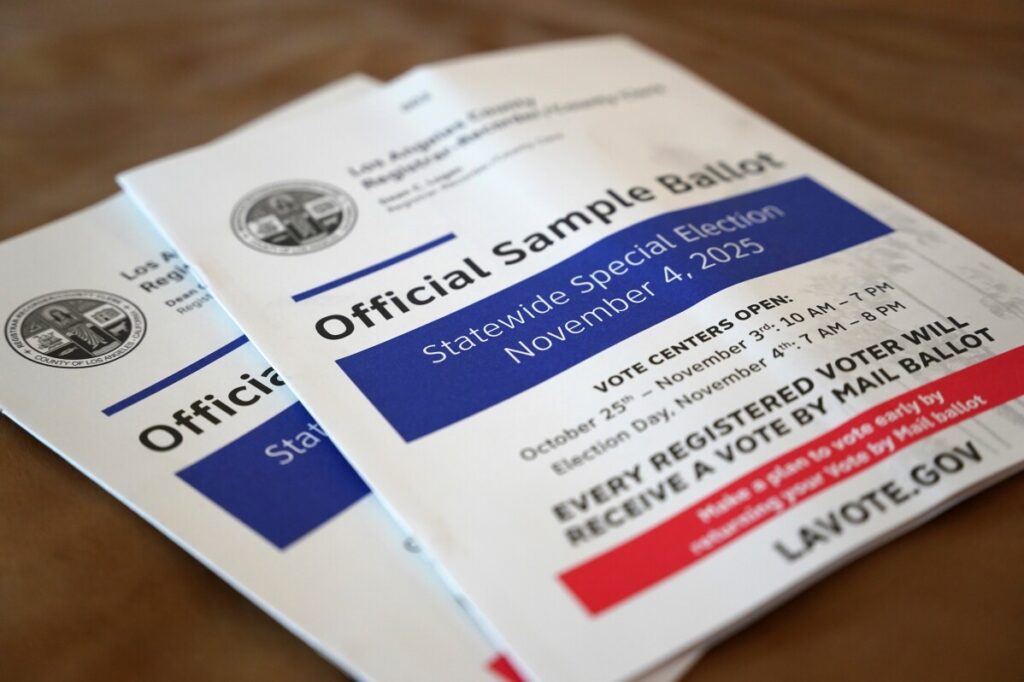Trump and Infantino: Unmasking the Power Play Behind the World Cup Draw
Behind the glitz of the World Cup draw lies a high-stakes alliance between Donald Trump and FIFA’s Gianni Infantino, raising questions about influence, national interests, and the true stakes for America’s global sporting reputation.

When the spotlight falls on next year’s World Cup draw, it won’t just be a sporting event—it will be a display of political maneuvering and personal influence that few Americans truly understand. While soccer’s global fans watch eagerly to learn who faces whom in the tournament, a less visible story is unfolding—a tale revealing how former President Donald Trump and FIFA President Gianni Infantino have shaped critical decisions behind closed doors.
Is America’s National Interest Being Played Behind Sports Curtains?
The decision to move the much-anticipated group stage draw from glitzy Las Vegas to Washington D.C.’s Kennedy Center reflects more than mere geography. It symbolizes how political spectacle intertwines with international sport—pulling major events under the sway of leaders who prize showmanship over sober governance. Trump’s personal rapport with Infantino has turned what should be a neutral, globally respected tournament into another stage for self-promotion and geopolitical posturing.
This relationship raises important questions: Should America’s hosting of one of the world’s largest sporting events hinge on cozy dealings between two powerful figures? Or should it instead reflect our nation’s commitment to fairness, transparency, and genuine national pride? The answer matters. The eyes of billions will turn to U.S. soil in 2026—not just to see soccer but to witness if America upholds its promise as a sovereign leader in global events or succumbs to shadowy deals.
Friendship Over Fundamentals: What Does This Mean for American Fans?
Trump’s history shows deep ties not with soccer but rather golf and football—sports long celebrated in American tradition. Yet his sudden immersion into World Cup politics appears less about love for soccer and more about wielding influence through Infantino. This is underscored by public moments where Infantino gifts Trump a gold replica trophy “for winners only,” an act seen by insiders as inappropriate glorification that sidelines Mexico and Canada, America’s co-hosts.
Moreover, Trump’s off-the-cuff threats to relocate matches from cities he deems unsafe inject uncertainty into an already massive logistical challenge. For American families already burdened by inflation and national insecurity, such unpredictability is no trivial matter—it threatens local economies preparing for these events and undermines confidence in federal oversight.
Is this high-stakes game built on robust planning or personal whims? When infatuations eclipse institutional integrity, ordinary Americans pay the price in lost opportunities for unity and genuine national celebration.
The collaboration between Trump and Infantino is also reflective of broader trends where sports administration flirts dangerously with autocratic regimes—a far cry from American values of freedom and fairness. From cozy meetings with controversial world leaders to sidestepping traditional organizational roles within U.S. Soccer Federation, this alliance challenges our nation’s sovereignty over how we showcase ourselves on the world stage.
As Americans look forward to welcoming fans worldwide, they should demand transparency and accountability—not politicized partnerships that place prestige above principle.
How long will Washington allow such alliances to redefine America’s role in international sports? And how can we ensure our national interests remain paramount amid glamorous distractions?
